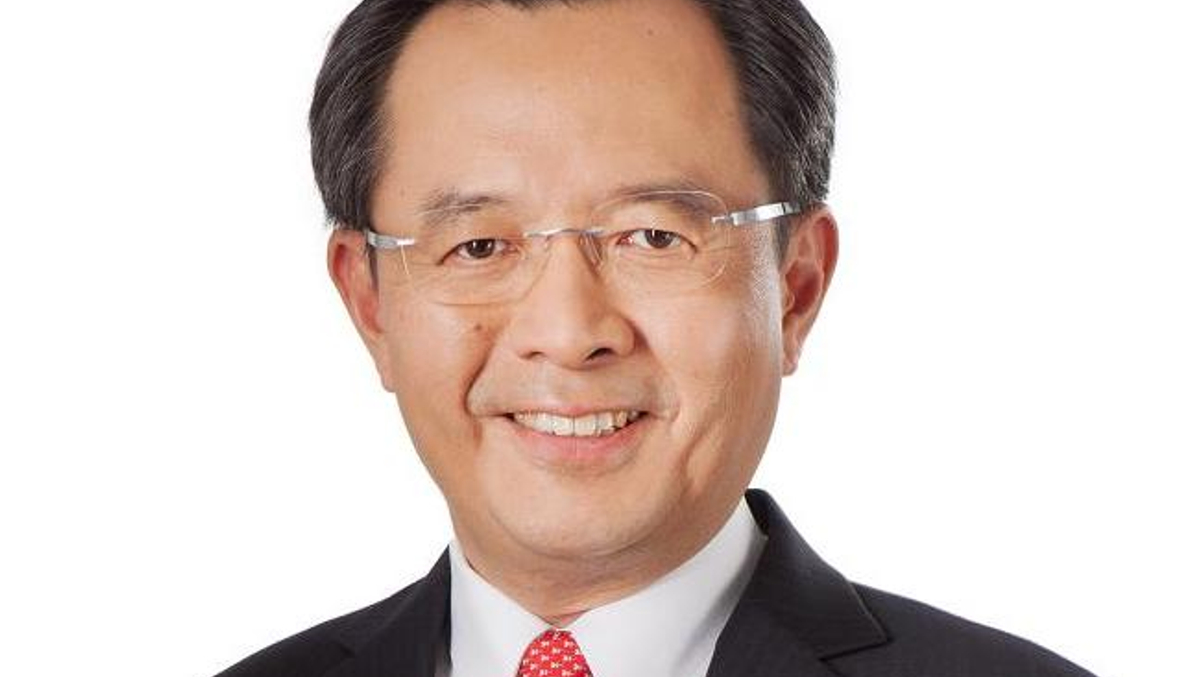Lion Global eyes quota for RQFII fund trio
The firm became the sixth Singapore fund house to be awarded an RQFII licence. Its chief executive, Gerard Lee, outlines its plans and views on investor demand.

Singapore-based Lion Global Investors has unveiled plans to launch a suite of RMB-denominated unit trust funds after being awarded an RQFII licence.
Sign in to read on!
Registered users get 2 free articles in 30 days.
Subscribers have full unlimited access to AsianInvestor
Not signed up? New users get 2 free articles per month, plus a 7-day unlimited free trial.
¬ Haymarket Media Limited. All rights reserved.


